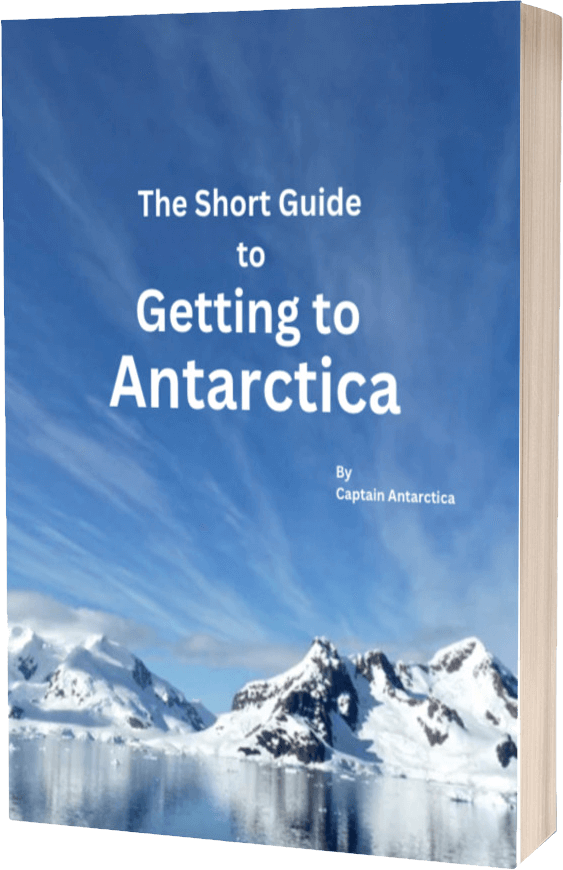
An unusual meeting in Antarctica
Robert Falcon Scott was in Antarctica in 1912 and thought he had Antarctica pretty much to himself. As part of his expedition he planned to have one party explore King Edward Vll Land. He didn’t realise that Roald Amundsen had changed his goal from Arctic exploration to Antarctica.
It was something of a shock then to both parties when Lt.Campbell who was leading Scott’s Eastern party happened upon Amundsen’s ship ‘Fram’ in the Bay of Whales. Here were two separate expeditions both located at the furthest, most inhospitable place on Earth bumping into each other. I will leave it to Amundsen to explain the meeting (An extract from his book ‘The South Pole’):
‘February 4 [1912] was an eventful day. As usual, we all came down to the Fram, driving our empty sledges, at half-past six in the morning. When the first man got to the top of the ridge, he began to wave his arms about and gesticulate like a madman. I understood, of course, that he saw something, but what? The next man gesticulated even worse, and tried to shout to me. But it was no use; I could not make anything of it.
Then it was my turn to go over the ridge, and, as was natural, I began to feel rather curious. I had only a few yards more to go — and then it was explained. Along the edge of the ice, just to the south of the Fram, a large barque lay moored.
We had talked of the possibility of meeting the Terra Nova — Captain Scott’s vessel — when she was on her way to King Edward VII. Land; but it was a great surprise all the same. Now it was my turn to wave my arms, and I am sure I did it no worse than the two first. And the same thing was repeated with all of us, as soon as each one reached the top of the ridge. What the last man did I have never been able to find out for certain — but no doubt he waved his arms too. If a stranger had stood and watched us that morning on the ridge, he would surely have taken us for a lot of incurable lunatics.
The way seemed long that day, but at last we got there and heard the full explanation. The Terra Nova had come in at midnight. Our watchman had just gone below for a cup of coffee — there was no harm in that — and when he came up again, there was another ship lying off the foot of the Barrier. He rubbed his eyes, pinched his leg, and tried other means of convincing himself that he was asleep, but it was no good. The pinch especially, he told us afterwards, was horribly painful, and all this led him to the conclusion that there really was a second vessel there.

Lieutenant Campbell, the leader of the eastern party, which was to explore King Edward VII. Land, came on board first, and paid Nilsen a visit. He brought the news that they had not been able to reach land, and were now on their way back to McMurdo Sound. From thence it was their intention to go to Cape North and explore the land there. Immediately after my arrival Lieutenant Campbell came on board again and gave me the news himself.
We then loaded our sledges and drove home. At nine o’clock we had the great pleasure of receiving Lieutenant Pennell, the commander of the Terra Nova, Lieutenant Campbell, and the surgeon of the expedition, as the first guests in our new home. We spent a couple of very agreeable hours together. Later in the day three of us paid a visit to the Terra Nova, and stayed on board to lunch.
Our hosts were extremely kind, and offered to take our mail to New Zealand. If I had had time, I should have been glad to avail myself of this friendly offer, but every hour was precious. It was no use to think of writing now.
At two o’clock in the afternoon the Terra Nova cast off again, and left the Bay of Whales. We made a strange discovery after this visit. Nearly all of us had caught cold. It did not last long — only a few hours — and then it was over. The form it took was sneezing and cold in the head’.
The Terra Nova would return to their base at Cape Evans and inform Scott that Amundsen was in Antarctica. With his eye on the prize of reaching the South Pole first imagine what a blow this must have been to Scott’s plans and the pressure he was now under.
Amundsen would go on to reach the Pole first and Scott and his four companions would reach it second, only to perish on the return journey.

